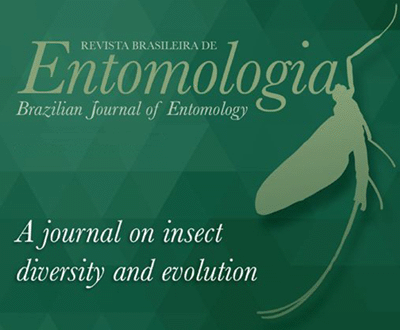Protomeliturga turnerae (Ducke, 1907) represents the monotypic tribe Protomeliturgini (Andrenidae, Panurginae). The species is oligolectic on flowers of Turnera L. (Turneraceae). A survey of bees on flowers of Turneraceae and of material in entomological collections showed that P. turnerae is common and endemic in Northeastern Brazil, occurring from the State of Maranhão to Alagoas. In João Pessoa, Paraíba, we studied the reproductive biology and mating behavior of P. turnerae and its relations to plants. At the study site, the species was univoltine with males emerging 5-8 days before the females. Soon after emergence the males established territories on flowers of Turnera subulata Smith which they occupied during several days. Parts of each territory overlapped with those of 1 to 3 other males. On the average, a territory comprised 124 flowers, 59 being shared with other males. Males showed two mating strategies: patrolling the flowers of T. subulata in which females collected pollen or waiting in a specific flower inside the territory for arriving females. P. turnerae showed multiple mating. On the average, a male mated 7 times a day, each copula lasting 3 to 25 sec. We observed 2 to 3 males attempting to copulate with the same female. At the end of anthesis of T. subulata the males stopped flying activity and remained inside flowers until their closure.
Male territories; mating behavior; Panurginae; Protomeliturga turnerae; Turneraceae










